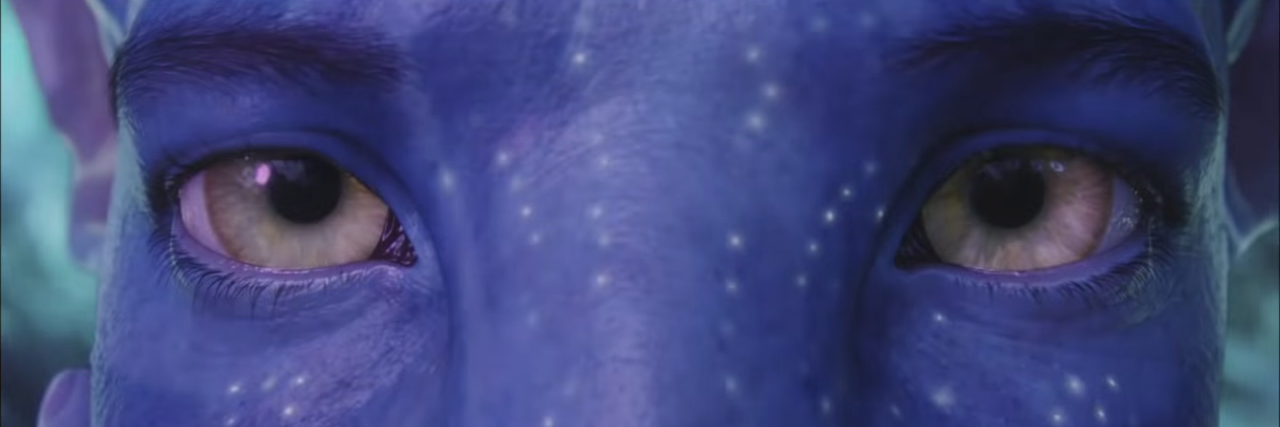As a person who struggles with chronic fatigue, depression, anxiety, and pain on a daily basis, the isolation sometimes feels suffocating. I will avoid group events and even church because I feel so utterly alone when I am around a multitude of people living, breathing and feeling like “normal” humans with “normal” levels of emotion and energy reserves.
Something that adds to this isolation is misplaced sympathy. I was sitting with a friend, who had kindly come over to my home because I didn’t have enough energy to drive, so I could teach her some hairstyles to do on herself. We talked a great deal, but when I talked about my emotional struggles with my physical fatigue, she responded by saying “Oh, I know exactly what you mean. Yesterday, I had no motivation to do anything and so nothing got done; then you kind of feel crappy because you didn’t do anything, but sometimes you need days like that so it’s OK. I get you.”
Except, she didn’t. Hearing that felt… belittling. I worried that friend would now assume I just have many “lazy days” and I am unreliable. I knew she meant to be kind and so I wasn’t offended, but the truth is that being out for two hours can leave me so tired I walk into my house, lie down on the floor and cry because I don’t know what else to do. Should I get food or should I get water to kill the headache first? Take my shoes off? Wash my hands? Should it be in that order or reverse? Find medicine for my back pain that is sucking the life out of me very slowly every minute of being upright? Or, often, just keep crying because the energy needed to focus, get up and move to do those tasks is overwhelming and I just. don’t. have. it.
Last night, I watched the movie “Avatar” for the first time — the blue aliens one, not “The Last Airbender,” just to be clear. For those who haven’t seen the movie, it takes place on an alien planet that humans are trying to mine for resources. In order to befriend the natives, a few willing scientists created “avatars” for themselves so that they could learn the ways of the people, called the Na’vi. The human lies down in a monitor and mentally makes a connection with his or her avatar body, and then they function and live in that one, leaving their human body safe inside the monitor at the lab.
What the heck do blue aliens have to do with chronic illness? I’m getting there. On the planet Pandora (where these blue humanoids make their home), everything is extremely connected — from the way the Na’vi can connect mentally with the airborne creatures they ride, to the way the leaves communicate with the other alien wildlife. So, it comes as no surprise that one of the most meaningful phrases to them is simply: “I see you.”
The ways I interpreted this throughout the film meant, “I see you: I know your value. I give you respect. I know your intentions. I acknowledge your sorrow. I love the deepest part of you.”
And I cried. I cried watching beautifully rendered computer animated blue aliens because the writer (and director) James Cameron created a phrase that can be applied to invisible and chronic illness, and to mental illness too.
Instead of (very well-intentioned) “I’m sorry’s,” “I totally understand,” and the terribly awkward silence that comes from not knowing what to say when someone opens up to you about their struggles, instead I offer you this phrase — a hand on the shoulder, and a simple “I see you. I acknowledge you’re going through pain I can’t understand, but I’m here for you. I see you. I respect how hard you are trying. You are not alone. I see you.” (Here are some more casual ways to phrase this: “I can see how hard you’re trying to heal; is there anything I can do for you?” “I see how much effort you put into getting better.” “Thank you for being here at X event. I see/know it’s hard for you, but I deeply appreciate that you still came.”)
And to anyone reading this who feels trapped, alone, scared, hurt, in pain, abandoned, confused or just weary:
Image via YouTube

